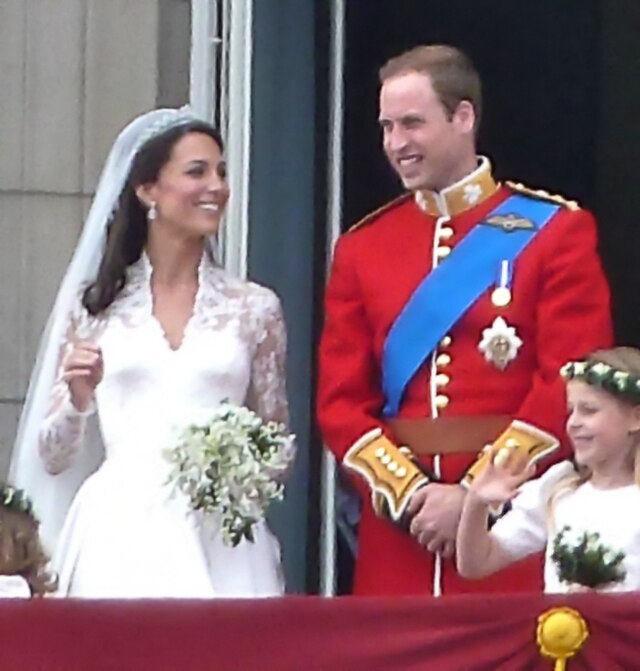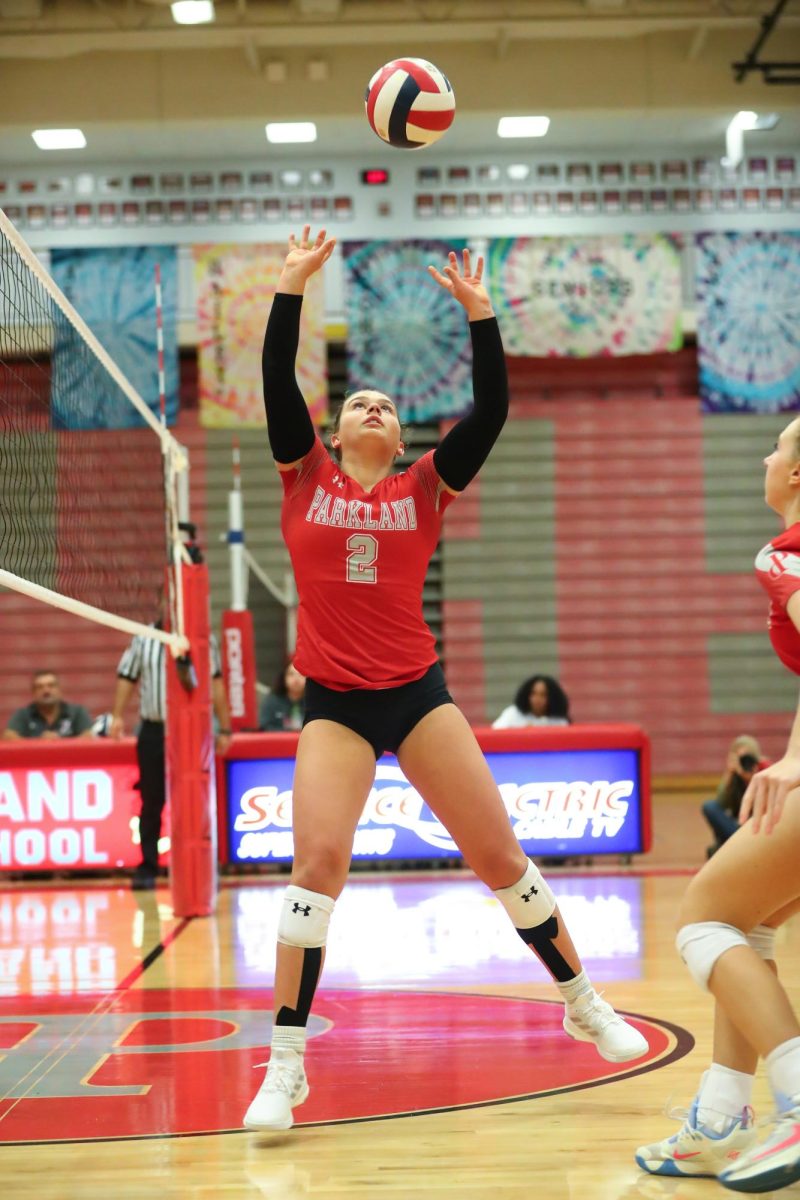The Holiday season is here and everyone is excited about the many joyful things that come along with the holidays. Though we know the beloved holidays that are typically advertised and celebrated in the mainstream, there are a plethora of holidays across the world that aren’t always as talked about. Let’s learn about the most important and popular holidays in German, French, Jewish, and Muslim cultures, the traditional foods, and how and why these holidays are celebrated.
German Culture
One of the most popular celebrations in German culture is Oktoberfest. Oktoberfest is an annual festival in Munich, Germany. It is held over a two-week period and always ends on the first Sunday in October. The celebration of the marriage between King Louis I and Princess Therese von Sachsen-Hildburghausen birthed the first-ever Oktoberfest. After five days, the first festival concluded with a horse race in an area known as the Theresienwiese where Oktoberfest is still held. The following year they added an agricultural fair to the horse race. It wasn’t until 1818 that serving food and drinks was introduced to this festival. The booths that previously served food and drinks have now developed into large beer halls made of plywood. These beer halls have balconies and backstands. Beer is a vital element of Oktoberfest. There is an estimated consumption of two million gallons of beer at the festival.
Another beloved holiday in German culture is St. Martinsag or Saint Martin’s Day. St. Martinsag is celebrated on November 11th and is similar to the spooky season of Halloween here in the United States. Children dress up and go door-to-door singing, “St Martin ritt durch Schnee und Wind.” In exchange, they get sweets, fruit, and other treats. Germans also craft pretty paper lanterns to decorate the night sky. It’s common for bonfires to be lit on St. Martinsag. Traditional St. Martinsag Day foods include goose, red cabbage, and dumplings.
Parkland’s very own German Club celebrates the German holidays by making Lebkuchenhäuser, which translates to a gingerbread house. The club also decorates Easter eggs, of course, in German style.
Jewish Culture
The most holy and important holidays in the Jewish culture are Rosh Hashanah and Yom Kippur, also known as the high holidays. Jewish culture is very holy and is focused mainly on religion. Rosh Hashanah is the religious new year in the Jewish Culture. In Hebrew, Rosh Hashanah translates to “Beginning of the Year.” During the holiday, Jewish believers participate in a ten-day period of self-examination and penitence. This examination includes reviewing their relationship with God. Rosh Hashanah commences the “10 days of repentance” and it concludes with Yom Kippur. A 24-hour fast and self-examination are some of the traditions in Yom Kippur. The Jewish Culture Club president, Matthew Ringold stated, “My favorite aspect of the holiday is reflecting on how I can be a better person throughout the new year and spending time with family.” Like any holiday, spending quality time with family is common during Yom Kippur. Some traditional foods are apples and honey, challah with raisins, matzah ball soup, and chicken.
French Culture
Bastille Day or La Fête Nationale, which translates to “The National Party,” is one of the most celebrated holidays in French culture. It is very similar to Independence Day in the US. Parkland’s French Club Vice-President, Mariana Castilla said, “[Independance Day and Bastille Day] are relatively similar, however, have different traditions and customs which are because of cultural, and religious differences.” Celebrated on July 14, the holiday celebrates the storming of the Bastille Prison that led to the French Revolution. The State Prison held political prisoners and citizens detained by authorities for trials. The prison symbolized when the French were under the harsh rule of the Bourbon monarchy. On July 14th, 1789 a mob of disappointed citizens ambushed the Bastille demanding the arms and ammunition that were stored there. Forces that guarded the structure resisted, leading to the attackers storming the prison and breaking out the seven prisoners being held there. Since the celebration became a national holiday in 1880, it has consisted of get-togethers, parades, dancing, and fireworks. The slogan that has grown with the celebration is “Vive le 14 juillet!” Which translates to “Long live the 14th of July!” French cuisines such as fresh baguettes, wine, wheels of cheese, and charcuterie are all foods commonly eaten on Bastille Day.
Muslim Culture
The most important holidays in the Muslim culture are the two Eids, Eid al-Fitr and Eid al-Adha. Eid al-Fitr is a celebration of the conclusion of the holy month, Ramadan. During Ramadan, Muslims spend 30 days fasting from sunrise to sunset in order to devote themselves to God. It also helps Muslims take in the struggles of those who are less fortunate. Ramadan falls on the ninth month of the Islamic year. The other Eid, Eid al-Adha coincides with the end of Hajj. Hajj is the annual holy pilgrimage to Mecca in Saudi Arabia. Eid al-Adha is during the twelfth month of the Islamic calendar. The holiday’s purpose is to honor one of the prophet’s sacrifices. The journey demonstrates Muslims’ sacrifice to God. Both of these holidays allow Muslims to come together and celebrate with family and friends. Parkland’s Muslim Student Association president, Mariam Rizwan stated, “My personal favorite aspect of Eid is visiting my cousins to celebrate. It is a lot of fun because we play various games, catch up on what we’ve missed since the last time we saw each other, and, of course, get to eat tons of food.” A vital part of both of these celebrations is the morning Eid prayer. After the prayer, they meet up with loved ones and share big meals. Sharing and eating food is very important in the Muslim culture. The foods vary from culture to culture because Muslims are very diverse.
It is important to respect and learn about the various celebrations and holidays that aren’t typically talked about. Opening up your eyes to other holidays and celebrations teaches you to appreciate other customs that are not your own. No matter what culture, the holidays are filled with joy, tradition, and cherishing time with your loved ones.
This article was previously published in the December 2023 print edition.








